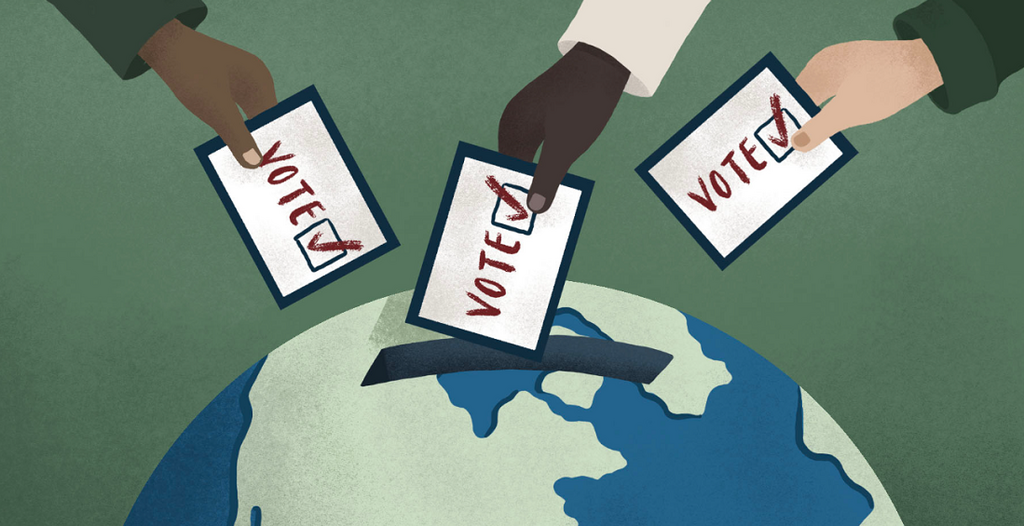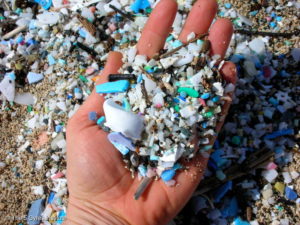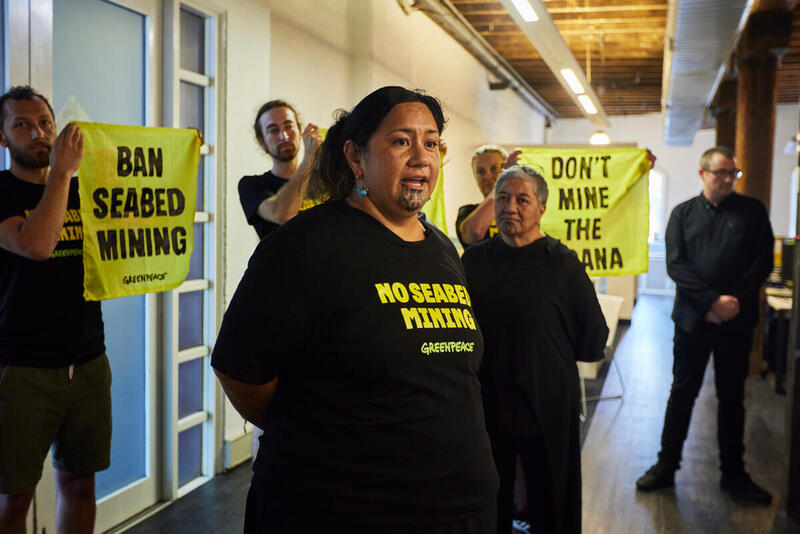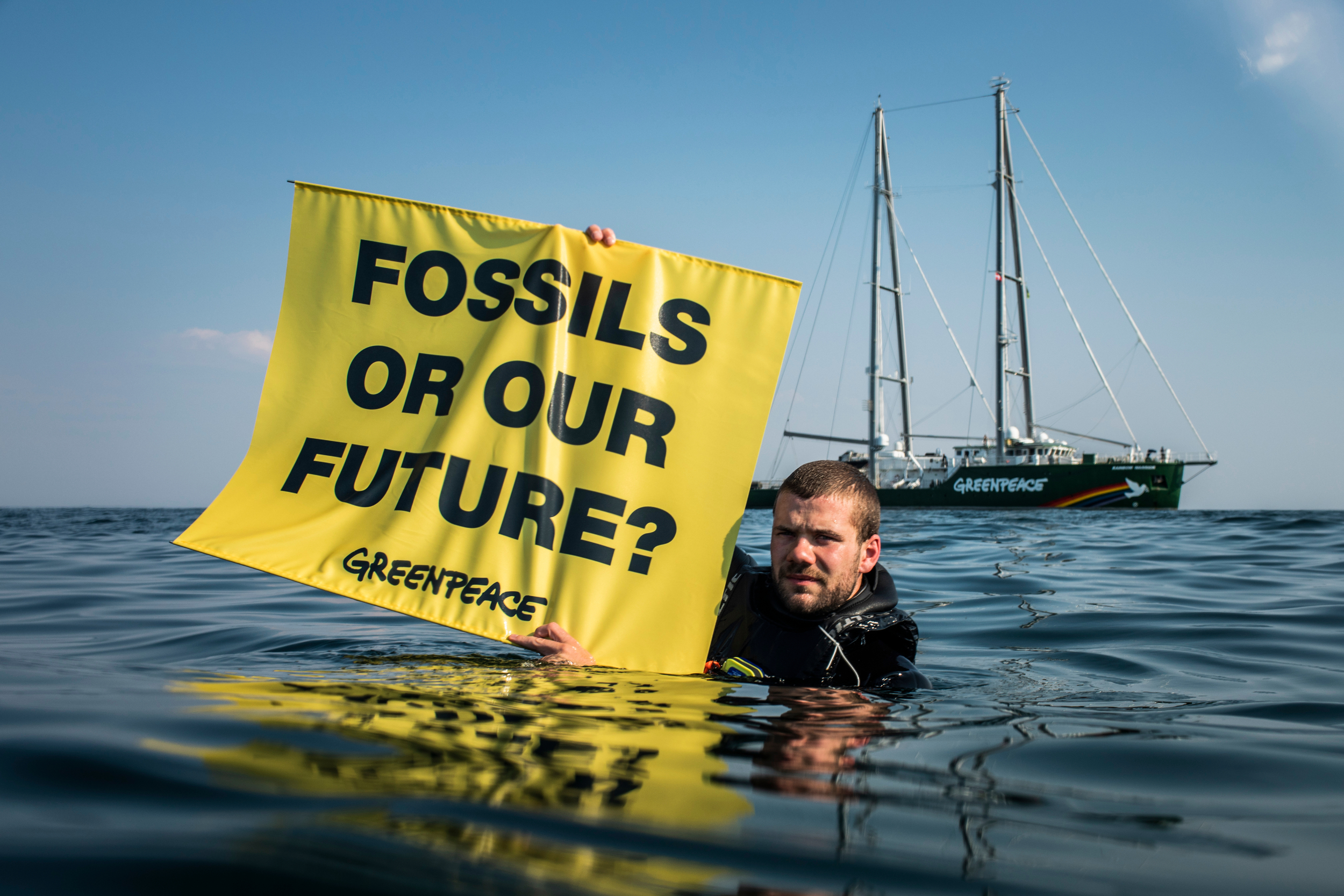How do I vote? Who will win the New Zealand election 2023? And what will it mean for the environment?
Compared to previous years, the 2023 New Zealand election may seem dull, with the choice between two men called Chris. Yet the outcome of this election is crucial for the health and wellbeing of the environment.
The politicians who are elected to form a government will lead our national response to the climate emergency. They will make the decisions that s쳮d (or fail) at preserving the abundant life of fresh water, oceans, land and soil, and the health of communities.
On the global stage our political representatives will lead and take part in decisions that will affect the climatic stability of our whole planet.

Because of New Zealand’s democratic MMP voting system there are many variables and possible election outcomes. The candidate polling in some electorates is finely balanced, and the outcome of the party votes could determine which small party has more influence than another over a government coalition.
This means your vote and those of your friends and family will have real consequences for the environment and our futures.
The risk of environmental harms
Unfortunately some political parties are proposing harmful and dangerous policies.
For example the National Party is proposing up-ending the successful ban on offshore oil and gas exploration, which would allow digging up more climate-polluting fossil fuels. The party is also threatening to strip back environmental protections to please the intensive dairy sector, New Zealand’s biggest contributor to damaging climate emissions. And National has no actual emissions reductions policy.
If you think that’s bad – pushing the extreme end of the spectrum the Act Party is proposing to get rid of the Zero Carbon Act and the Climate Change Commission. The Act Party’s climate change spokesman even says he doesn’t believe there is a climate emergency.
This is in the face of growing climate chaos around the globe. Average global surface temperatures in July were the hottest ever recorded. Extreme temperatures have enabled wildfires across the Mediterranean and North America, and heatwaves in cities across the world. The escalating effects of the heating of the world’s oceans are alarming researchers.
Policies for a Climate Shift in the 2023 New Zealand election
Fortunately there are many positive policy suggestions in the election mix.
Greenpeace has come together with forty other environmental and concerned groups to make it easy for all political parties to commit to climate action with the 10 point Climate Shift plan.
Anyone can use these 10 points as a guide for voting for the environment, and judge the positions of candidates in their electorates.
Our top three recommendations to cut climate pollution are:
- End new oil, gas and coal exploration and extraction on land and at sea, and commit to the Port Vila Call for a Just Transition to a Fossil Fuel Free Pacific.
- Transition intensive dairying to low emissions farming by phasing out synthetic nitrogen fertiliser and imported animal feed, reducing herd size, and banning new large-scale irrigation schemes.
- Transition towards high-density, low emissions communities by making public transport fares free and prioritising investment in walking, cycling, and accessible public transport infrastructure over road spending.
Find out more about parties’ climate and environmental policies
Is there a specific environmental issue you care about? The following are guides and summaries of parties’ climate and environmental election policies.
🌏 Stuff climate election survey: See how the parties compare
🌏 Vote Compass 2023: New Zealand General Election
🌏 Election 2023: RNZ’s guide to party policy
🌏 Election 2023 – Science Media Centre science Q&A with political parties
🌏 The Spinoff climate change and environment policies in two minutes
A useful election policy scorecard
Our friends at climate group 350 Aotearoa are one of several non-governmental groups that have come together to review key election policy positions and how they align with the areas the groups work in.
Check out the positions of the main parties on seven environmental questions here: https://electionscorecards.org.nz/#climate
Follow the New Zealand election debates 2023
| Date | Event | Host |
| 12 September – 5 October | The Hui debates: seven Māori electorate candidate debates | Newshub Nation |
| Thursday 21 September | A multi-party Powerbrokers debate featuring minor party leaders, Tāmaki Makaurau | Newshub Nation |
| Monday 25 September | Young Voters’ Debate | One News |
| Wednesday, 27 September | Leaders’ debate between Chris Hipkins and Christopher Luxon | Newshub Nation |
| 3 October 3 | Press’ Leaders Debate, Christchurch | Stuff.co.nz |
| 9 October | Finance debate with Grant Robertson and Nicola Willis, Te Papa museum, Wellington | Stuff.co.nz |
| October 12 | Leaders’ Debate with Chris Hipkins and Chris Luxon | TVNZ 1 and TVNZ+ |
How to vote
Advance voting opens on Monday 2 October. Voting day is Saturday 14 Oct until 7pm. Overseas voting starts on 27 September.
You need to be enrolled for your vote to count. If you’re not enrolled when you get to a voting place, you can enrol there. You can enrol and vote at any voting place, including on election day. You’ll need to fill out an enrolment form and a ‘special declaration vote’ form. Someone will be there to guide you and answer your questions.
For more information such as voting locations, electorate and candidate information, special votes, and other details check out the Electoral Commissions information site vote.nz.
What more can I do beyond voting for the environment?
There are many ways to help make this a Climate Election in your community beyond voting!
- Over forty organisations have come together around Climate Shift, a comprehensive 10 Point Plan that outlines the key asks for Government action. Many of the groups and communities are hosting local events in the weeks leading to the election. Check out Climate Shift events near you
- Vote Climate are organising everyday people to make the 2023 New Zealand election a Climate Election
- Undecided voters could have a crucial role in deciding the outcome of the election. Over one in five eligible voters are reported as ‘undecided’ in the polls. The team at ActionStation have a simple idea to make your friends’ votes count. Check out https://triplethevote.nz/
- Speak up on climate! Climate Club have put together a useful guide to asking questions of candidates at election meetings.
- Use the Climate Shift 10 point plan as a resource for questions, when you meet a candidate or contact your local candidates by email.
By getting involved in the election 2023, we’ll shape the future that is possible for our planet.
Authorised by Greenpeace Aotearoa, 11 Akiraho St, Mt Eden



